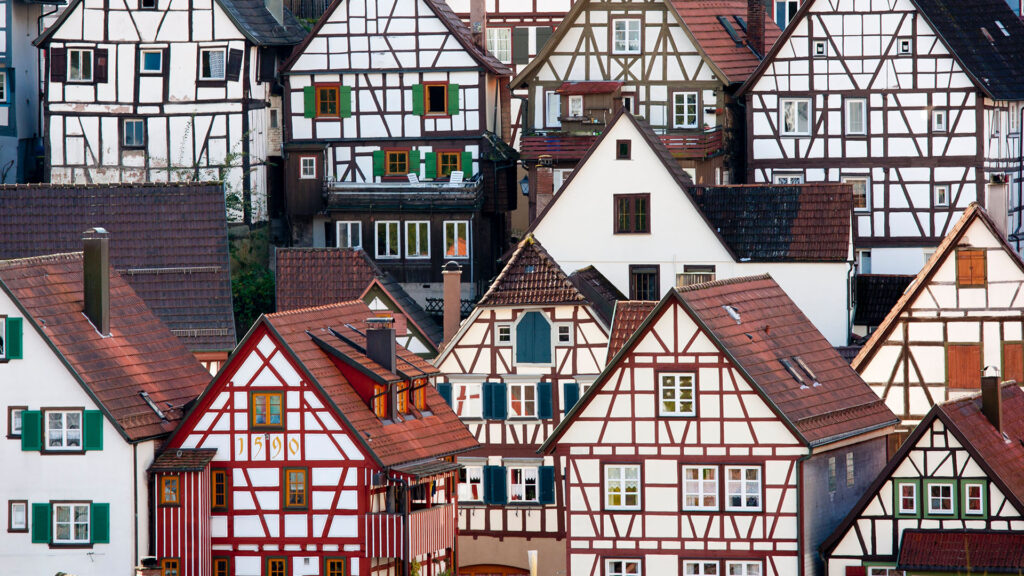|
Getting your Trinity Audio player ready...
|
Government data from Germany reveals that the country's housing market experienced the sharpest decline in prices since records began in the second quarter of this year.
High interest rates and rising material costs have placed considerable pressure on Europe's largest economy, leading to a notable downturn in the property sector.
A 9.9% Year-on-Year Fall
In the second quarter of the year, residential property prices in Germany recorded a remarkable 9.9% year-on-year decrease. This decline represents the most substantial drop since data collection began in 2000, as reported by the Federal Statistics Office.
Moreover, on a quarterly basis, prices fell by 1.5%, with more significant declines noted in larger cities compared to sparsely populated areas.
Cities Like Berlin, Hamburg, and Munich Hit Hard
Major cities such as Berlin, Hamburg, and Munich witnessed pronounced declines in apartment prices, which fell by 9.8%. Additionally, single and two-family house prices in these urban centers dropped by 12.6% compared to the previous year.

The End of a Decade-Long Boom
For the past decade, Germany's property market has been characterized by a robust boom, fueled by low interest rates. However, the recent sharp increase in interest rates, coupled with rising construction costs, has brought this impressive run to an end.
This challenging environment has not only led to declining prices but has also pushed several developers into insolvency due to stalled deals.
Construction Permits Decline as Costs Soar
The challenges in the housing sector extend to construction, as building permits for apartments in Germany declined by 31.5% in July compared to the previous year. This decline coincided with a nearly 9% increase in construction prices year-on-year.

Calls for Government Support
Recognizing the severity of the situation, the German Housing Industry Association GdW has sounded the alarm and called for government support for construction companies.
GdW, representing around 3,000 housing companies across the nation, emphasized the worsening construction crisis in Germany, asserting that it is increasingly affecting society at large.
Proposals for Support
To address the crisis, GdW has proposed measures such as a reduction in value-added tax (VAT) from 19% to 7% for affordable rentals and government-funded loans with a 1% interest rate to support companies.
The government has scheduled a summit with the industry to discuss the situation and is planning to unveil an aid package for the sector by the end of the month. This package aims to promote the construction industry by reducing regulatory and bureaucratic requirements.
Despite these efforts, some industry stakeholders, including GdW and the Haus&Grund owner's association, have expressed dissatisfaction with their level of influence over the summit's agenda and have opted to boycott the event.
The challenges facing Germany's housing market highlight the complexities of balancing affordability, regulatory policies, and economic stability in the real estate sector.







